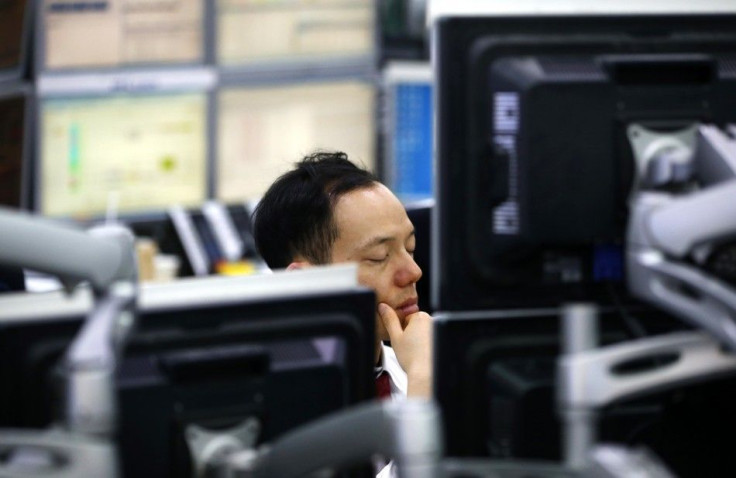Sleep Well To Work Better And More

Sleep is the nicest but perhaps the most neglected part of your life in today's fast-paced world. You may be skipping sleep in order to squeeze in some work, but that does not help you in the long run. If you get into the bad habit of insomnia in order to work harder, you might actually be performing poorly, according to studies that examined the link between sleep and work absences.
Even though sleep deprived people are known to suffer health problems, the "work disability" has not been researched much. In a new study, lead researcher Tea Lallukka, Ph.D., a researcher with the Finnish Institute of Occupational Health, told The Huffington Post that the link has been determined, even after factoring parameters that affect sleep and sickness. Lallukka, in her September issue of the journal Sleep, analysed data from 3,760 men and women in Finland through a survey and records maintained by the Social Insurance Institution of Finland. It examined sickness leave that lasted for more than 10 days.
Lallukka found that employees putting in less than five hours or exceeding 10 hours would take leave for 4.6 to 8.9 days more than people sleeping between seven to eight hours a night. Usually on "optimum days" men sleep for about 7.8 hours, while women sleep for about 7.6 hours.
Sickness allowance is given by the Finnish government for employees reporting ill for 10 days or more. However, Lallukka noted that if people are able to touch seven to eight hours of sleep a day, the government and businesses could reduce expenses by 28 percent. That is, not factoring the "costs of treatments, medication, accidents and loss of productivity," explained Lallukka.
On the other hand, she also noted that sleep hours were "self-reported", and therefore inaccurate. Patients with irregular sleep patterns do not understand the amount of sleep they are able to put in. Lallukka's findings could work for the population, but could not work on different circumstances and behavioural patterns of individuals.
For instance, research at Arizona State University, Phoenix, have found that some people are at their best with just seven hours of sleep. On the other hand, some others might have to put in nine days, according to the National Sleep Foundation.
However, to help employees put in longer work hours and help them sharpen their cognitive skills, Lallukka feels that employers can take responsibility for their work hours. "It would be excellent if employees were aware of the broader consequences of poor sleep and ... supported the employees' well-being also in terms of encouraging sufficient sleep."
In the U.S., sleep deprivation is estimated to cost more than $63 billion every year, according to a Harvard study. Lallukka called it "not only sickness absenteeism, but also sickness presenteeism (e.g. working sleep deprived)." She said that it was important to increase awareness of the bad consequences of sleep deprivation.





















